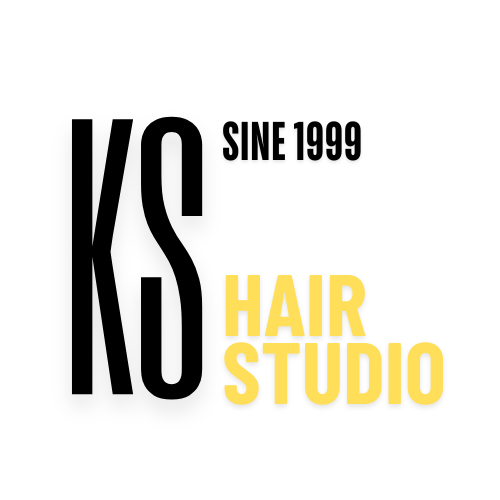Healthy, vibrant hair isn’t just a reflection of external care, such as shampoos and conditioners, but a direct indicator of our internal well-being. The foods we eat and the nutrients we consume play a crucial role in the health of our hair. From supporting hair growth to preventing breakage, the link between nutrition and hair health is undeniable. This article explores how key nutrients influence hair strength, shine, and growth, and provides actionable advice on what to eat for healthier hair.
The Science of Hair Health and Nutrition
Your hair is made up of a protein called keratin, which is produced in the hair follicles. These follicles rely on a steady supply of nutrients from the bloodstream to remain healthy and active during the hair’s growth cycle. When your body lacks essential vitamins, minerals, and other nutrients, it can directly impact the strength, thickness, and shine of your hair.
The Hair Growth Cycle and Its Nutritional Needs
Hair growth occurs in cycles, with each follicle going through phases of growth (anagen), rest (telogen), and shedding (catagen). Nutrients are especially important during the anagen phase, when the hair is actively growing. If you’re not getting enough of the right nutrients, hair may spend less time in the growth phase, leading to thinning or shedding.
The Role of Protein in Hair Growth
One of the primary building blocks of hair is protein, making it essential for hair strength and growth. Without enough protein in your diet, hair can become brittle, dry, and prone to breakage. In severe cases, a protein deficiency can lead to hair loss.
Best Protein Sources for Hair Health
- Fish (like salmon): Packed with omega-3 fatty acids and high-quality protein.
- Eggs: An excellent source of protein and biotin, a crucial nutrient for hair.
- Legumes (like lentils and beans): Rich in plant-based protein, fiber, and iron.
Including these protein-rich foods in your diet can help maintain healthy keratin production, supporting hair growth and preventing breakage.
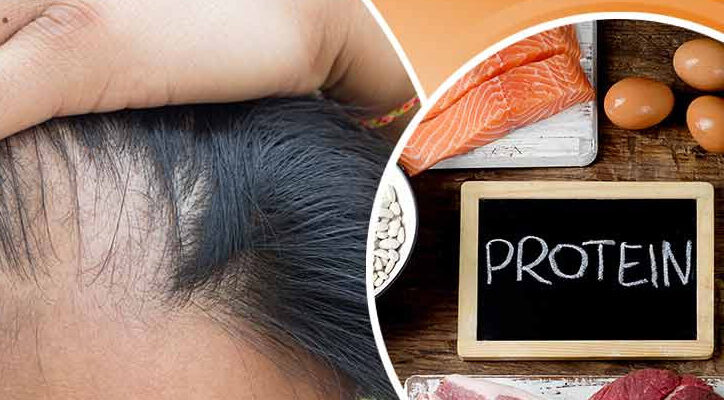
Essential Vitamins for Hair Health
Several vitamins are critical for promoting hair growth and preventing damage. These vitamins work in tandem to support the follicles, scalp, and the overall structure of your hair.
Biotin (Vitamin B7)
Biotin is well-known for its role in promoting hair growth and reducing hair thinning. It supports the infrastructure of keratin, the key structural protein in hair.
Food sources: Eggs, almonds, spinach, and sweet potatoes.
Vitamin D
Vitamin D plays a key role in hair follicle health. A deficiency in this vitamin has been linked to alopecia, a condition that causes hair loss.
Food sources: Fatty fish (like salmon), fortified dairy products, and exposure to sunlight.
Vitamin E
This powerful antioxidant helps reduce oxidative stress in the scalp, which can contribute to hair follicle damage.
Food sources: Almonds, sunflower seeds, and spinach.
Key Minerals and Hair Health
In addition to vitamins, certain minerals are essential for maintaining healthy hair. These minerals play a role in transporting oxygen to hair follicles, promoting cellular repair, and supporting the production of hair-building proteins.
Iron
Iron deficiency is one of the leading causes of hair loss, particularly in women. Iron helps red blood cells carry oxygen to hair follicles, which is crucial for maintaining a healthy growth cycle.
Food sources: Red meat, lentils, spinach, and fortified cereals.
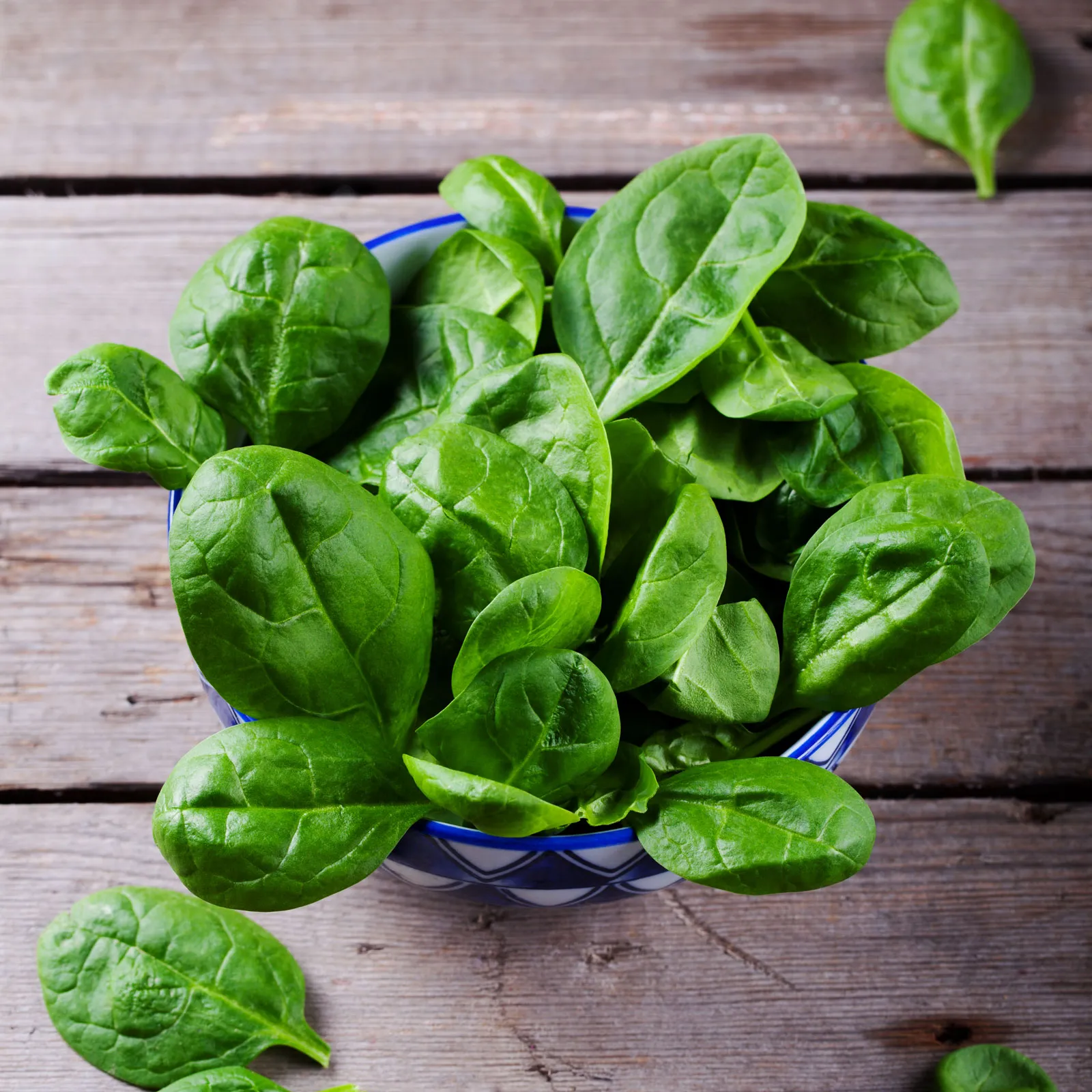
Zinc
Zinc is critical for tissue growth and repair, including hair. It helps keep oil glands around the hair follicles functioning properly. A zinc deficiency can lead to hair thinning or loss.
Food sources: Oysters, beef, chickpeas, and pumpkin seeds.
Magnesium
Magnesium plays a vital role in cellular processes, including those involved in hair growth. It helps with protein synthesis, which is important for hair structure.
Food sources: Dark leafy greens, nuts, seeds, and avocados.
The Best Foods for Promoting Healthy Hair
While individual vitamins and minerals are important, consuming whole foods that are rich in a combination of these nutrients offers the best results for overall hair health. Here are some of the top foods to include in your diet for stronger, shinier hair:
Fatty Fish for Omega-3s
Omega-3 fatty acids nourish the scalp, reduce inflammation, and promote hair density. Fatty fish like salmon and mackerel are rich in these healthy fats.
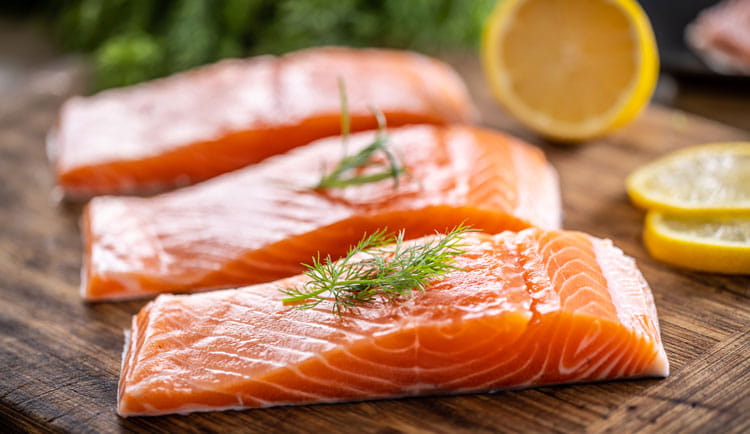
Nuts and Seeds for Antioxidants
Nuts (like almonds and walnuts) and seeds (such as flaxseeds and chia seeds) are loaded with antioxidants like vitamin E and selenium, which protect hair from oxidative stress and help promote growth.
Eggs for Biotin and Protein
Eggs are one of the best sources of biotin and high-quality protein, making them a fantastic choice for hair health.
Leafy Greens for Iron and Folic Acid
Spinach, kale, and other leafy greens provide iron, which is essential for preventing hair thinning and promoting healthy hair growth.
Nutritional Deficiencies Linked to Hair Loss
Certain deficiencies can manifest in poor hair health, including thinning, shedding, and breakage. Let’s explore some of the most common deficiencies that contribute to hair loss.
Iron Deficiency
Low iron levels can lead to anemia, which reduces the amount of oxygen reaching the hair follicles. This can cause hair to weaken and thin.
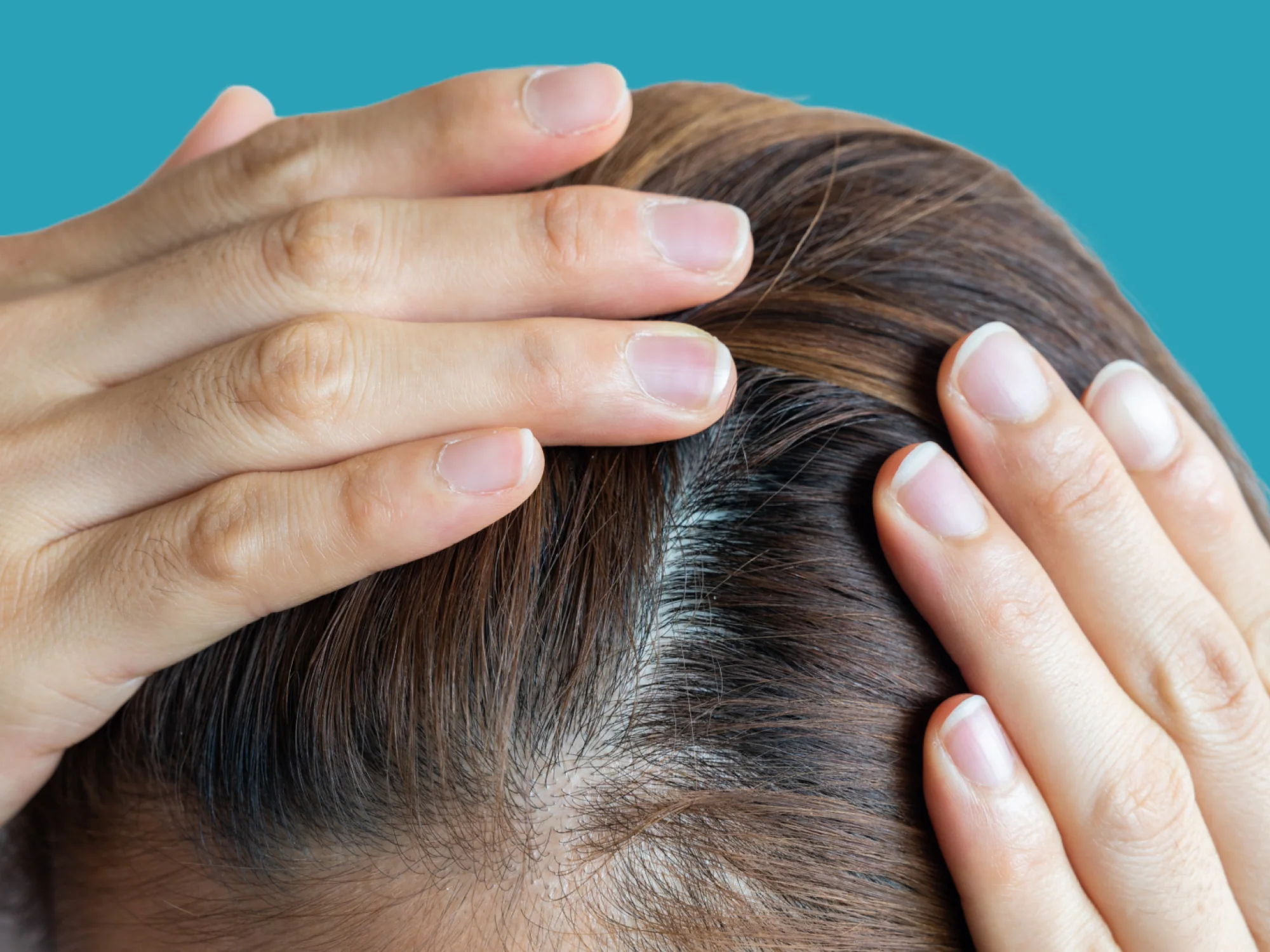
Biotin Deficiency
Biotin deficiency is rare but can lead to brittle hair, hair loss, and scalp dermatitis. Ensuring that you’re consuming enough biotin through diet or supplements can prevent these issues.
Zinc and Copper Imbalance
While zinc is important for hair health, an excess of zinc can deplete copper, which is also necessary for hair pigmentation and strength. Balancing these minerals is key to preventing hair damage.
Supplements for Hair Health: What to Take and What to Avoid
While a well-rounded diet is the best way to ensure you’re getting all the nutrients needed for healthy hair, supplements can be beneficial in certain cases—especially if you have a deficiency.
Do Biotin Supplements Really Work?
Biotin supplements are commonly marketed for hair growth. While they can be effective in addressing biotin deficiencies, they may not have a significant impact on hair health for individuals who are already consuming adequate biotin through their diet.
Collagen Supplements for Hair Strength
Collagen supports hair elasticity and scalp health by providing amino acids necessary for building hair proteins. Collagen supplements can improve hair strength, especially as you age.
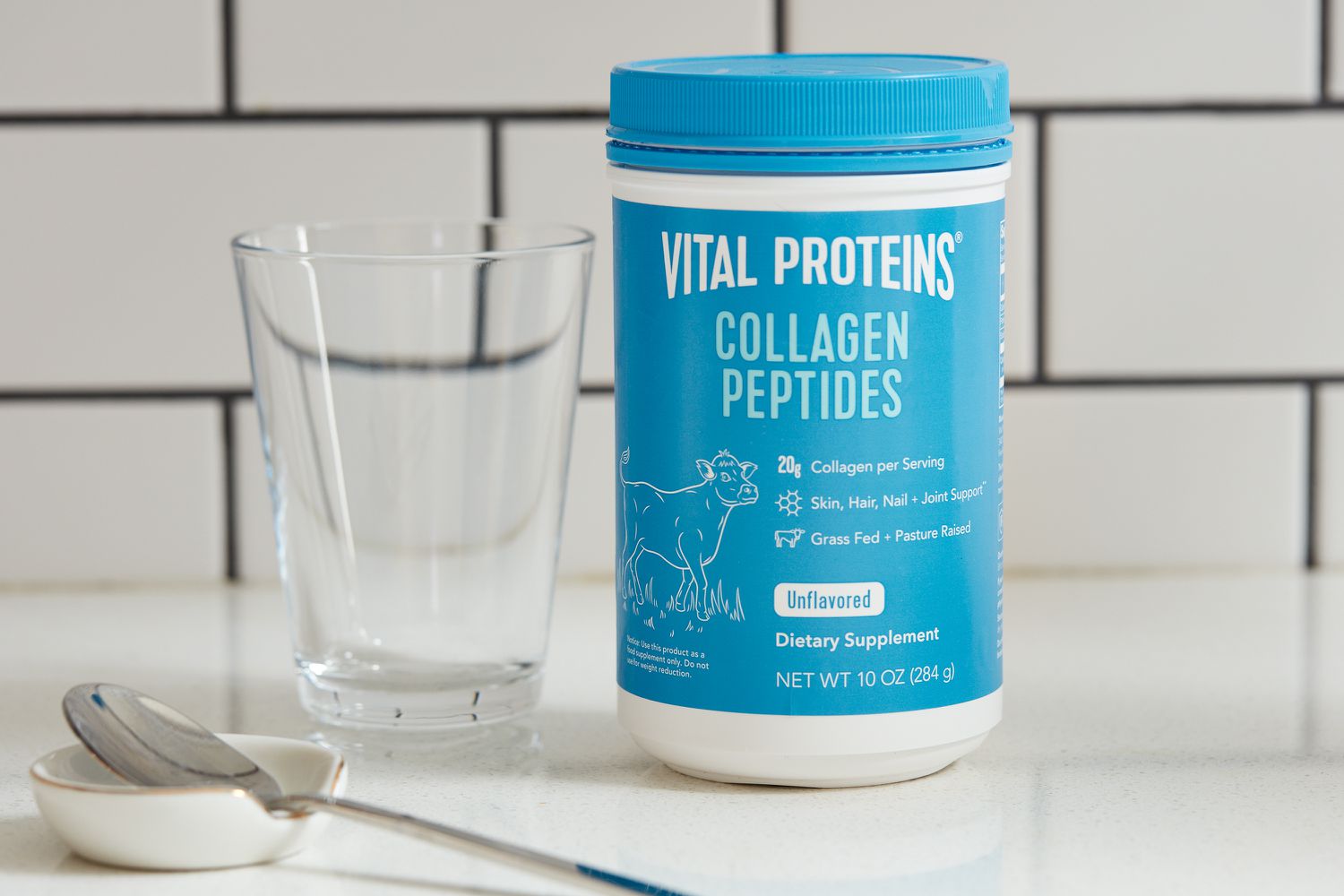
Multivitamins: A Catch-All or Waste of Time?
If you struggle to maintain a balanced diet, a multivitamin may help fill in nutritional gaps. However, it’s important to choose high-quality supplements that provide the right balance of vitamins and minerals for hair health.
Lifestyle Habits That Complement Good Nutrition for Hair Health
While nutrition plays a crucial role in maintaining hair health, other lifestyle factors can influence hair growth and strength.
Reducing Stress for Hair Growth
Chronic stress is known to trigger hair loss by pushing hair follicles into the resting phase of the growth cycle. Managing stress through meditation, exercise, and proper sleep can complement a nutrient-rich diet for better hair health.
Staying Hydrated
Water is essential for keeping your hair hydrated from the inside out. Drinking plenty of water supports a healthy scalp, which in turn promotes hair growth and reduces breakage.
FAQ Section
- Can diet alone fix hair loss?
- While nutrition is a key factor, it may need to be paired with other treatments such as topical solutions or medical interventions depending on the cause of hair loss.
- What are the best vitamins for hair growth?
- Biotin, Vitamin D, Vitamin E, and Iron are essential for promoting hair growth and preventing hair loss.
- How long does it take for dietary changes to affect hair health?
- Generally, it takes 3-6 months to see noticeable improvements in hair health after making dietary changes.
- Should I take supplements for better hair growth?
- If you have a deficiency, supplements like biotin or iron can help. However, it’s best to consult with a healthcare provider before starting any new supplements.
Conclusion
Achieving healthy, shiny hair starts from within. A diet rich in proteins, vitamins, and minerals is key to supporting your hair’s growth and preventing issues like thinning and breakage. By focusing on whole, nutrient-dense foods and addressing any potential deficiencies, you can improve the overall health of your hair. Combine these dietary changes with good lifestyle habits, and you’ll be well on your way to achieving the hair you’ve always wanted.
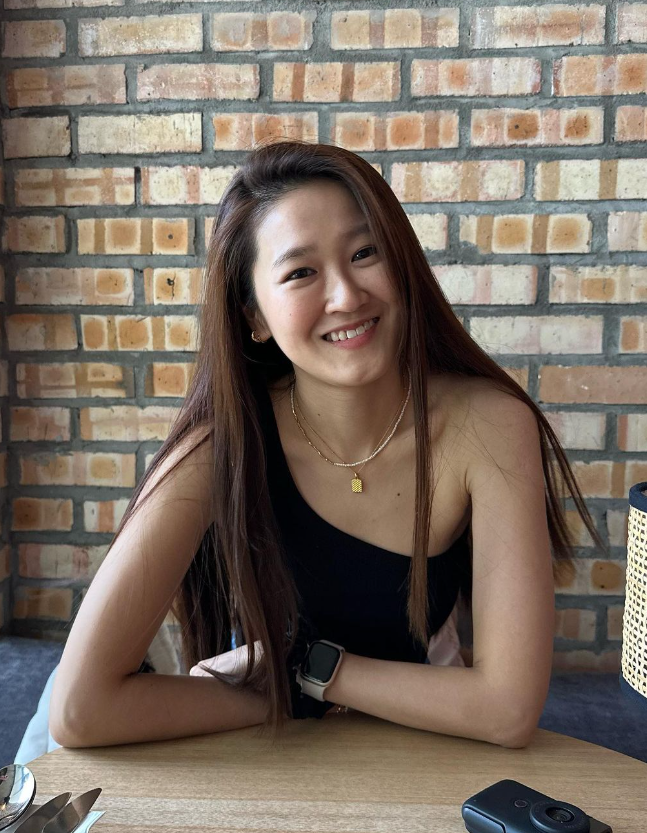
My name is Nichelle, a beauty blogger with a passion for sharing knowledge and experience in beauty, especially hair care. I am currently collaborating with KS Hair Studio to bring you truly high-quality content such as sharing knowledge, product reviews, and my own hair care journey. Follow Nichellex and KS Hair Studio to discover hair care secrets together!
